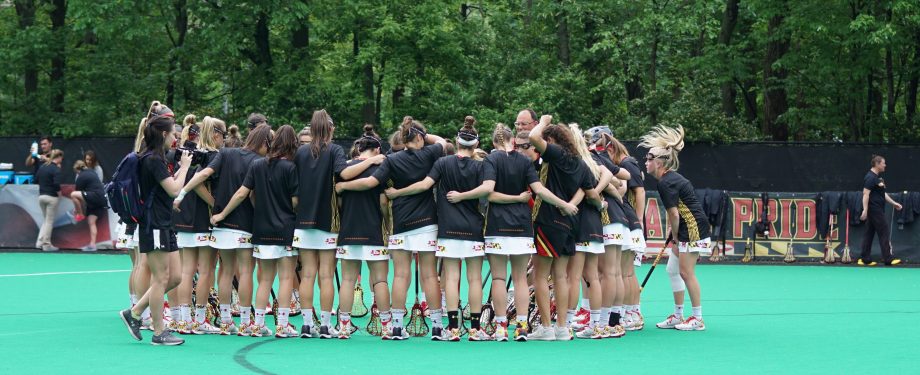For any coach, the short-, medium- and long-term goal as a leader is to build an identity. We talked about it in the last article and simplified team identity as “what I will do to get my team to be what I want it to be”. Not only coaches, captains, directors, every person involved in the team needs to breathe this culture and identity that glues together every individual into a common goal. In order to create an identity, we need to know how to explain what we want our identity to be, and as simple as it may sounds, it is the first of many steps necessary to communicate with our players in a “beginning of the season meeting”.
Using our daily life to represent this process, we are all raised with values that are key for our family to be happy and function well. How do we recognize those values? There are many options or answers to this question: they are part of our day to day, our family members tell and teach us from a young age, we learn from example of others’ actions. In a team it is the same, but with less time for it to be put in practice. Sometimes we don’t understand values and how to behave in certain situations for a long time, many years perhaps. In sports, we coaches want our identity to start to be seen from the first session, and instead of “values”, we call them “principles”, that will be part of our identity on and off the field. Even though it won’t be easy, and it will take some time, there are ways to accelerate this process in a natural way, but it all needs to be planned by the leader of the family, the coach in this case.
I use team principles not only to guide my players, but to guide myself. By defining these team principles before I even get in contact with players, I am already dictating how I want to behave, how I want to lead, and how I will accomplish my (our) goals. From the first day, we like to present the principles to the players and let them know WHY we chose those specific principles, HOW they can be put in practice in different situations and WHAT we will benefit from each one of them. There are good and bad days, but once we define our principles, we follow them strictly. Let’s say one of your principles is to be honor your group at any times. On the field, you want to support your teammates, you won’t be disrespectful, and you will always fight to win. When you lose a game, does that mean everything ends there? No. You can honor your group by the way you accept losses, by the way you respect the opposition or by the way you leave a locker room cleaner than what it was before you used it. Once these actions are understood by the players, once they are talked about and perceived as part of “who your team is”, that’s a great step for a strong team identity.

